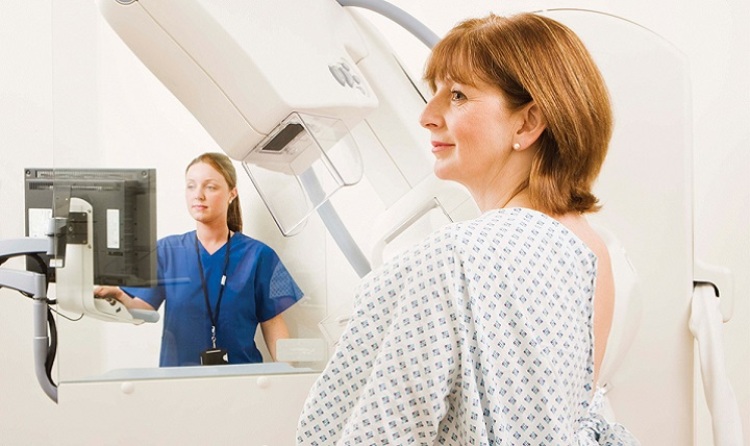In a groundbreaking study, researchers at the Institute of Advanced Study in Science and Technology (IASST) in Guwahati, under the Department of Science & Technology (DST), Government of India, have discovered that Selegiline, an antidepressant drug, could be repurposed to treat breast cancer effectively. This development offers a potentially cost-effective solution in the fight against breast cancer, leveraging drug repurposing strategies to bypass the expensive and time-consuming process of developing new anticancer drugs.
The research team, led by Dr. Asis Bala, has shown that Selegiline, a monoamine oxidase (MAO) inhibitor typically used to treat depression, exhibits anticancer properties, particularly against breast cancer. The integrated network pharmacological studies revealed that Selegiline interacts with ten genes that are intricately linked to various types of cancer. The drug was tested on six different cancer cell lines, proving effective in killing both estrogen and progesterone-positive (ER+ & PR+) breast cancer cells as well as triple-negative breast cancer (TNBC) cells.
Selegiline induces cell death in breast cancer cells through a mechanism that does not rely on reactive oxygen species (ROS). Additionally, it inhibits protein kinase C phosphorylation, a process implicated in the survival of breast cancer cells, suggesting this pathway's involvement in Selegiline's anticancer effects. This research, published in the journal Medical Oncology, is the first of its kind and represents a significant advancement in cancer research.
The study's findings could pave the way for further investigation into the drug's in vivo efficacy, dose optimization, potential contraindications, and any associated adverse effects. As drug repurposing becomes an increasingly viable approach to cancer treatment, Selegiline's potential as a breast cancer therapeutic warrants close attention from the biomedical community.
For further details, the study can be accessed at the following link: DOI: https://doi.org/10.1007/s12032-024-02451-0.
For correspondence, contact Dr. Asis Bala, Associate Professor-I, Pharmacology and Drug Discovery Research Lab, at asisbala@iasst.gov.in.











